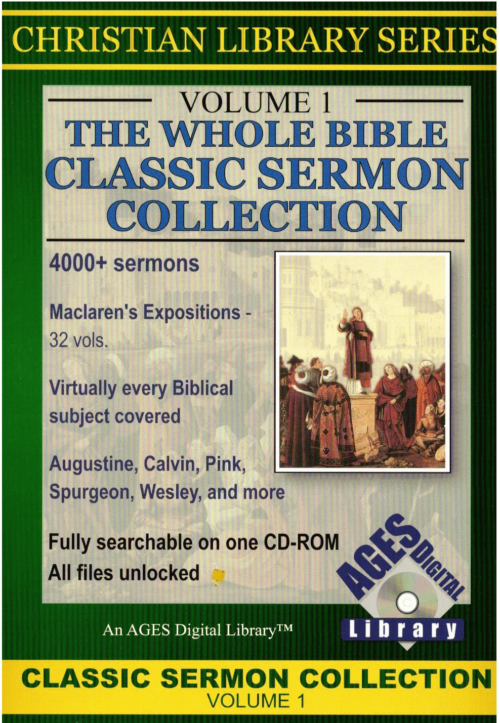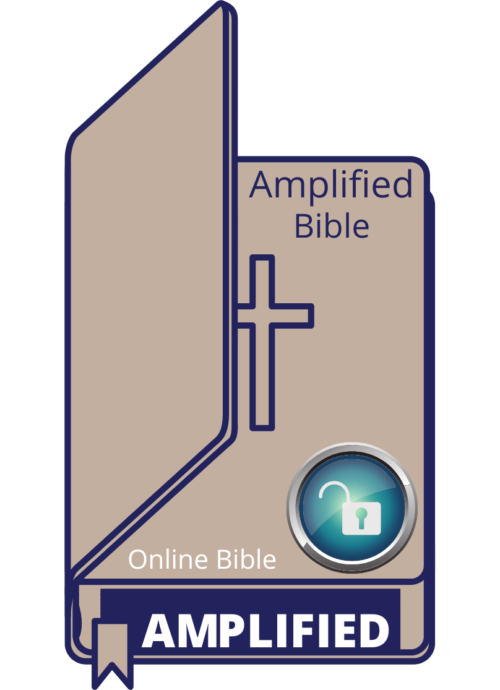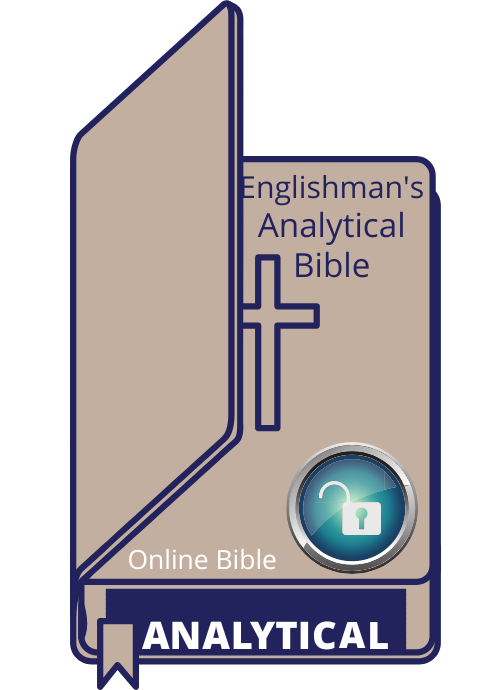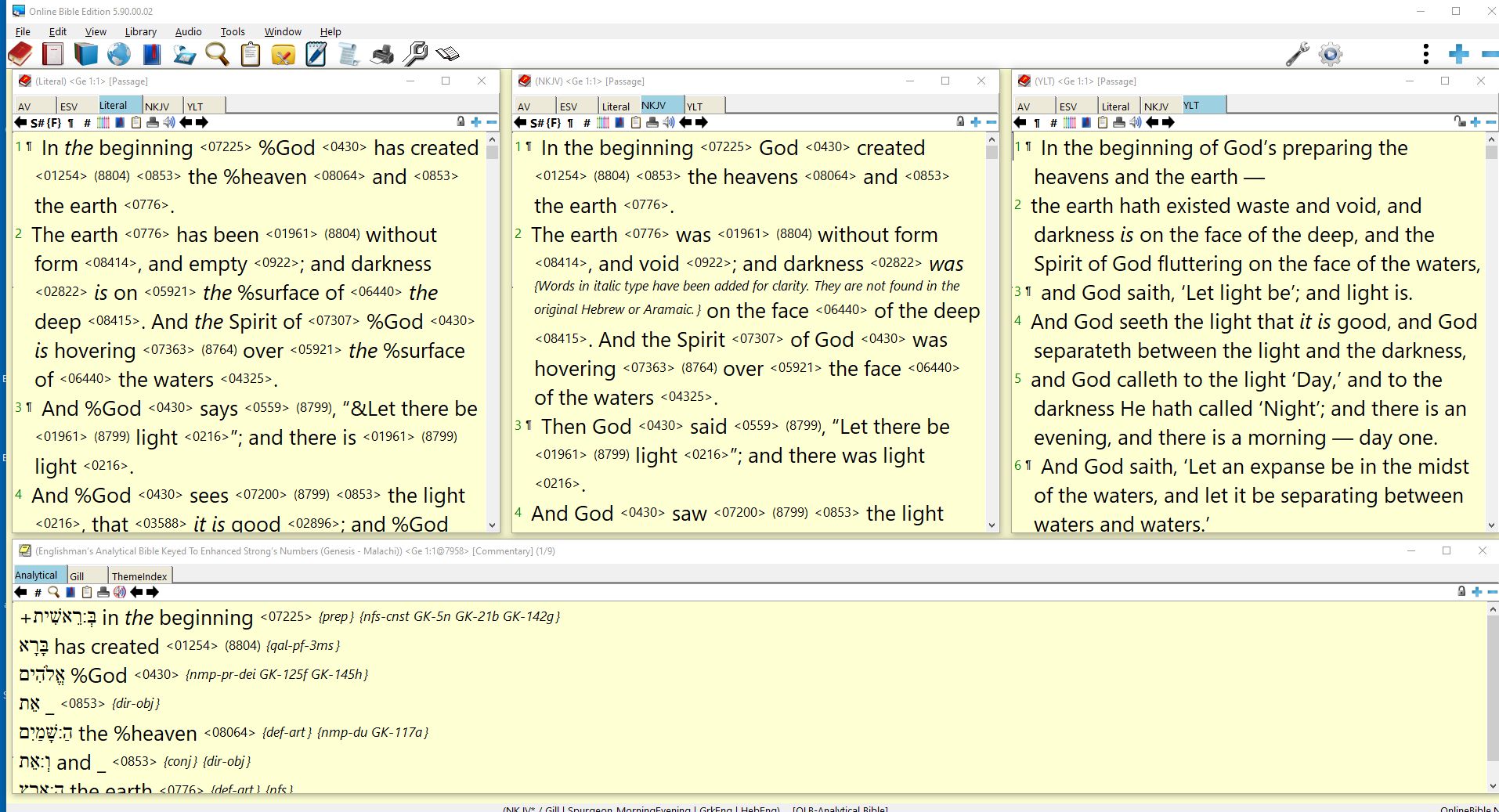What’s New…? It’s the Englishman’s Analytical Bible!!
The Analytical Old Testament brings together in one place all the study tools you should ever need to study the Hebrew text.
Note: If your Online Bible is version 5.8 or newer all of these modules are already included in your program and you only need to unlock the Analytical Bible / Literal Bible to take advantage of this Hebrew Bible study. If you are using an older version you will need to install this download in order to use the unlock code.
The more you know of Hebrew the deeper you can go. However, the layman should be able to pick up in a day or so what he needs to know about Hebrew to enable him to do meaningful detailed Bible studies.
Since we are dealing with a static text, all the work that would require years of learning at a seminary is done for you. You now have a powerful tool by which to judge the accuracy of any translation and the first one that should be judged is the one the author made. The contents of this package rests on the shoulders of theological giants: Ussher, Newton, Gill, Wigram, Strong, Young, Brown, Driver, Briggs, Berry, Scrivner and Gesenius… to mention only a few. Modern scholars would include, John Owen, Todd Beall, Maurice Robinson, Jay Green, Jacob B. Smith and Gary Gallant.
The 2013 Hebrew text came from CCAT and was supplied by BibleWorks. We have now completed the work started by Jay Green in the 1960’s of keying everything to Strong’s numbers and giving the analytical information for each word.
We distinguished between cardinals and ordinals in the Hebrew. The first year of a king’s reign is not the same as year one. Modern usage of the word has corrupted the meaning. The same goes for the word jubilee. Modern usage means the year 50 where as Hebrew usage means year 49 or the 50th year. Modern translations often place ordinals in a verse where cardinals are best understood. For example, year 2 of a king is not the same as his second year according to modern usage. The use of the word Jehovah does not mean we are Jehovah Witnesses nor does the word brethren mean we are Plymouth Brethren. These words are best suited the Hebrew and Greek. Modern names given in classical history are used for place names and proper names. We are indebted to Sir. Isaac Newton, Bishop James Ussher and John Gill for these. English spellings are used throughout. To select American spelling, select from the Online Bible, use the menus Tool/Customize and select American Spellings from the checklist.
Many items including grammar parsings and grammatical notes are abbreviated. Float your mouse cursor over the entry to get an expanded explanation. The & sign before a word means words that were implied by Hebrew vowel points or the Greek endings. The “%” sign means a change in number from the original language. For example, %you really means thou in English. In the Hebrew “+” means an implied construct as opposed to a real one as indicated by “-”. Likewise “?” implies a interrogative, a “@” implies location and “!” implies subjunctive.
The intent of the English translation is to give you what the Greek and Hebrew actually say in as readable English as possible. The Literal is meant for study purposes not necessarily for the pulpit. By and large the Literal translation runs very close to the Authorized Version only in modern English.
For a limited time you can get the whole package for $10 U.S. The regular price is $20 US. All updates including the New Testament when it is done are free once you have paid the original price.
Please report any errors or improvements for the translation directly to Larry Pierce at waltermartinson@gmail.com or call (226) 243-6286. All translation improvements must be based on the original language and analytical information.
Verb Tenses
Hebrew has only two tenses, complete and incomplete, which are translated as the perfect and present tense in English. The tenses of the verbs are preserved. There is no future tense since, as in all Semitic languages, ancient and modern, so we do not have a future tense. The future tense is derived from the context. Usually a verb is expressed in the perfect tense for which an action has not yet been completed. Genesis 4:14 is an example where the Hebrew says “has happened’ and most English translations say “will happen.”
Old Testament Components
Englishman’s Analytical Old Testament (Analytical)
- complete Ben Asher text with modifications from the older Jewish Ben Chayyyim text
- footnotes on quirks in the Ben Chayyim text included from Trapp and Gill
- Hebrew words morphologically separated
- literal English translation for each Hebrew word
- 100% of words supplied by the translator in italics
- Strong’s number supplied for each Hebrew word
- acrostics included from Hebrew Bible for all chapters
- Hebrew verse numbering noted where it differs from Authorized Version
- complete grammar information for each Hebrew word
- keyed to grammar notes from Gesenius’ index
- “%” indicated change in number from Hebrew, singular or plural, male or female.
- “&” indicated an English word implied by the Hebrew vowel points.
- Qere readings denoted by […] as opposed to Kithiv readings.
- Verbs translated as present or past. Future tense determined by context.
- The English with an _ (underscore) indicates a word that was not translated into English
Englishman’s Literal Translation from the Hebrew (Literal)
- same content as English words in Analytical except for punctuation, capitalization and word order
- you can see exactly how the translation was derived by comparing it with the Analytical
- acrostics from Hebrew included in appropriate verses
- keyed to Strong’s numbers
- Hebrew verse number noted in the English text where it differs.
- 100% of words supplied by the translator are in italics
- Verbs translated as present or past. Future tense determined by context.
- the AV, ESV, NKJV and NLT consulted in making English translation
Brown Driver Briggs Hebrew Gesenius Lexicon (BDB)
- reorganized in Strong’s number sequence
- all verses mapped into the Authorized Version from the Hebrew Bible
- verse references not relating to the Strong’s entry are in italics
- all missing verse references for an entry are included
- all incorrect verse references are corrected
Gesenius’ Hebrew Grammar (GK)
- All verses mapped into the Authorized Version from the Hebrew Bible
- all footnotes to grammar indicated by “GK”
Exhaustive Analytical Concise Hebrew Concordance/Lexicon (AnaHebConcise)
- summary and frequency of English words used in Literal Translation
- grammar information
- organized by Strong’s numbers
Exhaustive Analytical Hebrew/English Concordance/Lexicon (AnaHebEng)
- organized by Strong’s number
- word counts for each item
- each entry contains Hebrew word, English translation, grammar information, references
Exhaustive Analytical English/Hebrew Concordance/Lexicon (AnaEngHeb)
- organized by Strong’s number
- word counts for each item
- each entry contains English translation, Hebrew word, grammar information, references
Exhaustive Analytical Parsing Information (AnalyticalParsings)
- contains the parsing information for the Old Testament
- the New Testament using Dr. Robinson’s parsings
New Testament Components (Late Spring of 2023)
We followed the TR (Textus Receptus) text as given by George Berry’ Interlinear and entered by Dr. Maurice Robinson. The parsing done by Dr. Robinson were included. We included the Scrivener Annotated Greek New Testament as variant readings. These indicate the exact text used by the 1611 translators and were used by Jay Green in his Interlinear New Testament and published by The Dean Burgon Society. These are denoted by […]. All Greek text is fully accented, keyed to Strong’s number and fully parsed. Only proper names in the Greek are capitalized. We have no use for the critical text (Westcott and Hort Text and its derivatives) popularized by most modern translations.
Verb Tenses for Greek
| INDICATIVES: | |
| ACTIVE | PASSIVE |
| Present Tense: finishes | is finished |
| Aorist: finished | was finished |
| Imperfect: was finishing | was being finished |
| Perfect: has finished | has been finished |
| Future: will/shall finish | will/shall be finished |
| SUBJUNCTIVES: | |
| ACTIVE | PASSIVE |
| Present: should be finishing | should be finishing |
| Aorist: might/should finish | might/should be finished |
| IMPERATIVES: | |
| ACTIVE | PASSIVE |
| Present: finish | be finished |
| Aorist: %finish | %be finished |
| INFINITIVES: | |
| ACTIVE | PASSIVE |
| Present: to finish | to be finished |
| Aorist: %to finish | %to be finished |
| Perfect: to have finished | to have been finished |
| PARTICIPLES: | |
| ACTIVE | PASSIVE |
| Present: finishing or finisher | being finished (verbal participle) finished (adjective/noun) |
| Aorist: having finished | having been finished (verbal participle) finished (adjective/noun) |
| Perfect: having finished | having been finished (verbal participle) finished (adjective/noun) |
| OPTATIVE: | |
| ACTIVE | PASSIVE |
| Present: may strongly finish | may be strongly finished |
| Aorist: might strongly finish | might be strongly finished |
Where the aorist has no English equivalent (imperatives and infinitives) the English verb is prefixed with a “%”. Words where the editor departed from the Greek analytical information are indicated with a “+”. Otherwise, the tenses of the verbs are preserved.
Englishman’s Literal Translation from the Greek (Literal)
- same content as English words in Analytical except for punctuation, capitalization and word order you can see exactly how the translation was derived by comparing it with the Analytical
- keyed to Strong’s numbers
- &” indicated an English word implied by the Greek ending, either Genitive or Dative.
- Greek NT verse number is noted in the English text where it differs.
- 100% of words supplied by the translator are in italics
- the AV, ESV, NKJV and NLT consulted in making English translation
Lexicons
These include Thayer’s Greek Lexicon, Abbott and Smith’s Greek Lexicon and Liddell and Scott’s Greek Lexicon. These are all keyed to Strong’s numbers and restricted to words found only in the New Testament. Also included are the following lexicons derived from directly from the Greek text.
Exhaustive Analytical Concise Greek Concordance/Lexicon (AnaGrkConcise)
- summary and frequency of English words used in Literal Translation
- grammar information
- keyed to Strong’s numbers
Exhaustive Analytical Greek/English Concordance/Lexicon (AnaGrkEng)
- organized by Strong’s number
- word counts for each item
- each entry contains Greek word, English translation, grammar information, references
Exhaustive Analytical English/Greek Concordance/Lexicon (AnaEngGrk)
- organized by Strong’s number
- word counts for each item
- each entry contains English translation, Greek word, grammar information, references











